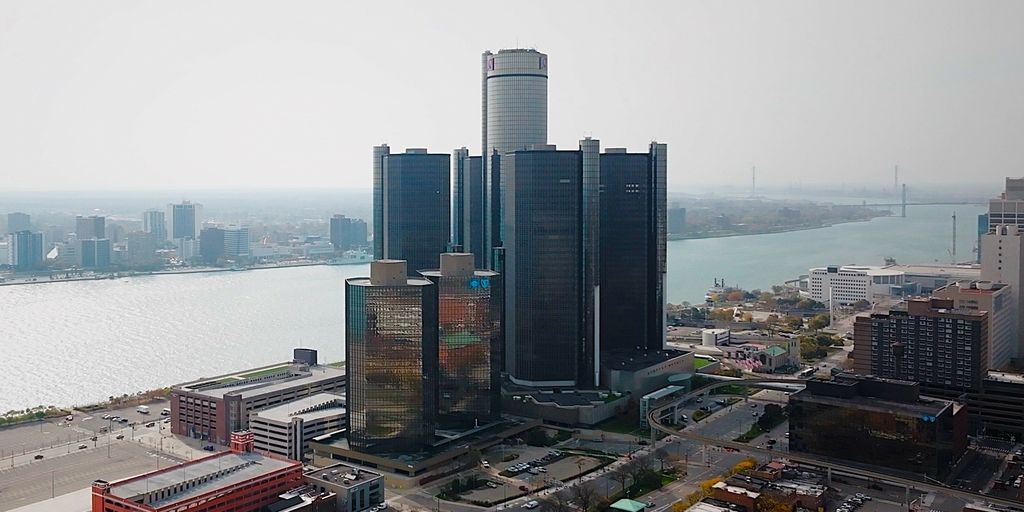Whitmer mainly used the speech to talk about her main budget priorities, including finding a “sustainable, long-term solution” to fund fixing roads throughout the state, addressing the housing shortage and supporting manufacturing. The governor also talked about tariffs and the thousands of communications her office has received from people sharing their concerns about rising costs of living.
“We know that this is already impacting companies across the state, including here on the west side,” Whitmer said. “… In the richest, most powerful, most innovative nation in the world, middle class families shouldn’t be worried about whether or not they’re going to continue to have a roof over their head or be able to afford the necessities like their next meal, and businesses shouldn’t have to deal with this much uncertainty, either.”
Whitmer said that the infamous blue folders she was photographed holding in front of her face in the Oval Office on April 9 contained the many emails and letters she’s received from Michiganders sharing their concerns about the tariffs.
“I did show the president the real impact of his economic strategy, and I urged him to take that into consideration, and change course,” Whitmer said. “I told him, as I’ll share again with all of you, the current approach is not working. We can make more advanced products in America, but we must work with our allies and against our adversaries. We need a targeted, thoughtful strategy to reshore American manufacturers because that’s a goal we all share. But we can do it without losing jobs or jacking up costs.”
Whitmer poked fun at the photo of herself during her speech, similarly to how she explained her meeting with President Donald Trump during a Detroit Economic Club event on April 14.
During the White House visit, Whitmer also told Trump that a presidential emergency declaration is needed to respond to northern Michigan residents who are still without power after an ice storm.
— David Eggert contributed to this report.

